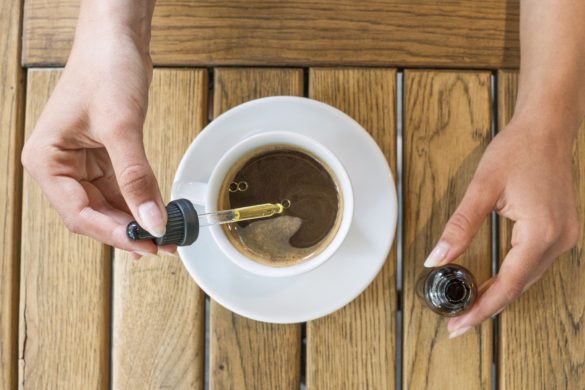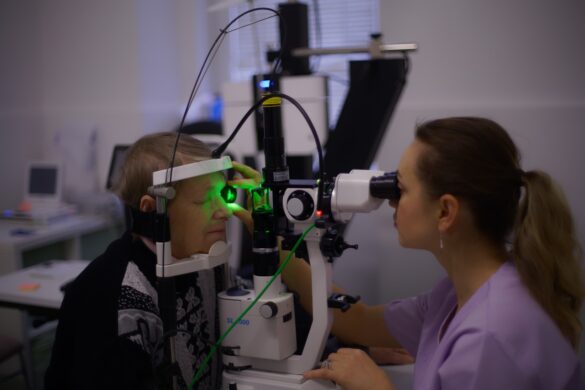If you or someone you love needs eating disorder treatment, it’s important to know what your options are. Check out this guide to learn more.

Did you know that at least 30 million people are estimated to struggle with an eating disorder in the U.S. alone?
This is a considerable problem, as eating disorders kill more people each year than any other mental illness.
Health problems from eating disorders can range from low bone density, nutritional deficiencies, and a host of gastrointestinal, neurological, and cardiovascular issues.
As well, self-treatment is difficult to maintain without proper guidance. But, it can be complementary to other forms of recovery.
The best course of action if you or a loved one is struggling with one is to seek professional advice and eating disorder treatment.
Read on to learn how to begin the road to healing in a holistic way for the best results.
Steps for Eating Disorder Treatment
Overall, the type of treatment will depend on the exact eating disorder the person suffers from.
An eating disorder is characterized by abnormal eating habits. Frequent symptoms include forms of severe restriction, purging, or binging of food.
Some of the most common disorders include Anorexia nervosa, Bulimia nervosa, and binge eating.
Here are a few steps that can help in recovery from disorders related to abnormal eating behaviors.
Establish Your Treatment Team
Begin by identifying the people in your life that can help you with the various components of healing.
First and foremost, speak with your parents, partner, friends, or others that you feel you can trust your urge to seek treatment. They will likely be your biggest supporters on the journey.
Then, try to pick out the professionals you will need to heal. Include a mental health specialist, nutritionist, a dentist, and a primary care doctor. Some introductory tests to establish your baseline health can help you set healthier goals going forward.
Begin a Treatment Plan
Work with your team of professionals to create a treatment plan that works for you, based on your needs. Usually, this will include goals to mark your progress, such as weight goals, caloric intake, and self-care activities.
As well, one of the first steps in any treatment plan should be to treat physical conditions.
Start Therapy
Once you have your baseline health and team identified, you can begin scheduling appointments with a therapist.
As a mental health condition, most people require therapy to truly recover from an eating disorder. Do not be afraid to open up. everything you tell a therapist, outside of directly injuring yourself, is completely confidential.
It is important, to be honest with them, and in turn yourself so that they can work out the best way to treat you. Cognitive behavioral therapy tends to be helpful for those struggling with their eating behavior.
Think about Residential Treatment
While in-patient centers are not always an option for those struggling with an eating disorder, they can provide an immersive environment to recover.
Therefore, if it is an option for you or your family, consider seeking residential treatment in a facility dedicated to eating disorder recovery.
Include Alternative Options
Finally, it is important to understand that there are always other options for treatment, in addition to the normal therapy and doctor route.
Service Animals and Eating Disorders can be very complimentary for treatment, as they can the emotional motivator for healing, as well as a companion.
Overcome Your Eating Disorder
In seeking help for an eating disorder, know that you are never alone. The most important first step is to ask for help, as the worst thing you can do is ignore the problem and further harm your physical and mental health in the process.
Therefore, begin establishing your treatment team, and they will help you create a treatment plan that works for you. It is also vital to visit a mental health professional to get to the bottom of this disorder while continuing to see other therapies that may help.
Finally, if you are able to, an in-patient facility dedicated to eating disorder treatment can be incredibly helpful for those deeply struggling, and those who may need extra support.
Interested in something you can do right now to take one tiny step towards healing? Read our post about mediation, and how it can help combat anxiety.









